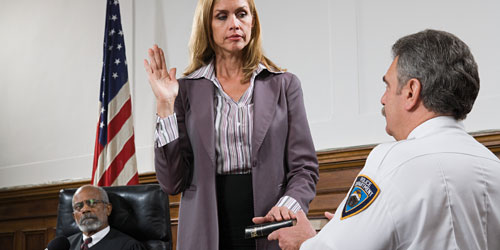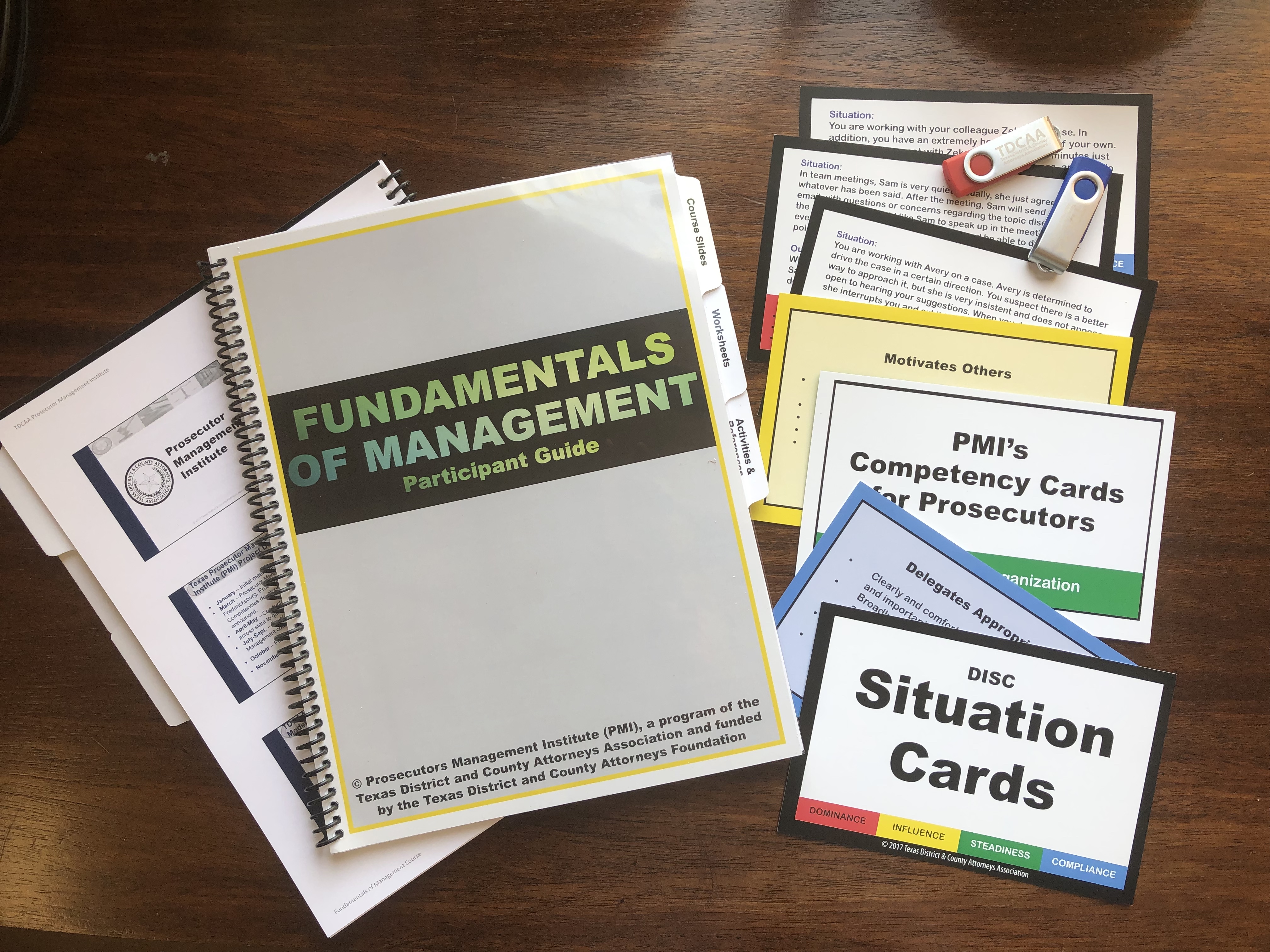Things are pretty quiet in Austin as we limp towards the holidays, so for our final interim update of what has been a thoroughly craptastic year, please indulge us while we regale you with some custom lyrics we composed to the tune of “The Twelve Days of Christmas”:
In the Year 2020, COVID gave to us …
Twelve dismissed jurors
Eleven halted trials
Ten p.m. curfews
Nine lockdown protests
Eight months of resets
Seven online courses
Six feet of spacing
Five Zoom hearings
Four Purell pumps
Three nose swabs
Two latex gloves
And a judge who won’t wear a face mask
(Don’t worry, we aren’t quitting our day job to move to Nashville to write hit songs anytime soon.)
COVID & the Lege
The chains are to be removed from the gates around the state capitol property and the grounds opened to the public starting this weekend, but access to the building itself will remain closed for now. (Guess you can file that under “baby steps.”) Meanwhile, we still have no guidance on how the Lege plans to pull off a COVID-safe session. We are only 25 days from the start of the 87th Regular Session, and judging from some of the horror stories we’ve read about in other states (see quotes, below, for an example), you can color us skeptical that an outbreak can be avoided at the state capitol next spring. Let’s all pray that the powers-that-be find some wisdom and foresight in their stockings this Christmas.
Bill filing continues
Through yesterday, we are tracking 345 pre-filed bills. To review those that would amend the Penal Code or the Code of Criminal Procedure or that fall into our “Bills to Watch” category, use the links on the right-hand side of our Legislative page. We maintain more than 40 different bill tracks for various topics, but these three lists will give you a good idea of what has been proposed so far. (And if you or someone in your office has proposed a bill that gets filed, please drop Shannon a note so he can track it as such.)
CCP changes for next month
You can download free PDF copies of the new versions of the Code of Criminal Procedure chapters affecting protective orders, grand juries, and victims’ rights that take effect on January 1, 2021, at https://www.tdcaa.com/books/ (look for the links along the right-hand “rail” of your desktop layout). These documents include related source and disposition charts to help you figure out what was moved where by these non-substantive changes.
New online training
Registration is now open for next year’s “Fundamentals of Prosecution,” an online course designed to give newer prosecutors the tools they need to contribute to the mission of their office more effectively. The course consists of 10+ hours of recorded training over core subjects such as bonds, search and seizure law, case analysis, and ethical decision making. Additionally, prosecutors who complete the course will have four TDCAA publications (Predicates, DWI Investigation and Prosecution, Punishment and Probation, and Traffic Stops) mailed to them, and they will get to participate in live online forums with faculty and presenters. Registration and additional information for this course can be found here.
Victim services consultations
Jalayne Robinson, TDCAA’s Victim Services Director, is available to assist prosecutor’s offices in providing support services for crime victims in their jurisdictions by phone, email, or Zoom videoconference. If you would like to schedule a free one-on-one or group training for your office in 2021, please email your request to [email protected].
PVAC applications now being accepted
TDCAA’s Professional Victim Assistance Coordinator (PVAC) recognition program is a voluntary process for recognizing professionalism in prosecutor-based victim services. If you have a VAC in your office interested in obtaining that certification, detailed requirements and an application may be found on our TDCAA Victim Services webpage. The next deadline for PVAC applications is January 31, 2021. Please mail PVAC applications and supporting documentation to: Jalayne Robinson, TDCAA Victim Services Director, 505 W. 12th St., Ste. 100, Austin, TX 78701. For related questions, email [email protected].
Quotes of the Week
“Just wait ’til 2020 turns 21 and starts drinking.”
—One of the messages this week from Austin’s infamous El Arroyo restaurant sign.
“Police work is not entertainment.”
—Kim Ambler, sister of Javier Ambler II, who died during an arrest by Williamson County Sheriff’s deputies that was filmed by a “Live PD” crew from A&E Network (but the footage never aired and was subsequently erased). Ambler’s family is supporting the passage of House Bill 54 by Talarico (D-Round Rock), which would prohibit Texas law enforcement agencies from participating in reality TV filmings.
“He crossed the line from dirty politics to commission of a violent crime, and we are lucky no one was killed. His alleged investigation was backward from the start—first alleging a crime had occurred and then trying to prove it happened.”
—Harris Co. DA Kim Ogg, announcing the aggravated assault indictment of a former Houston PD officer who allegedly ran an A/C repair truck off the road and held the driver at gunpoint because he thought the truck contained hundreds of thousands of fraudulent ballots. (Narrator’s voiceover: “It did not.”)
“Those in our caucus who refused to take precautions are responsible for Dick Hinch’s death.”
—NH State Rep. William Marsh, MD (R-Brookfield), tweeted after the 71-year-old Speaker of New Hampshire’s House of Representatives died from COVID-19 following an indoor GOP caucus meeting where many attendees refused to wear masks and several later contracted the disease. Nationwide, Marsh is at least the fifth confirmed state legislator death from COVID-19 complications.
“There is light at the end of the pandemic tunnel.”
—Liz Youngblood, president of Baylor St. Luke’s Medical Center in Houston, which was scheduled to receive its first allotment of COVID-19 vaccine doses this week.
[Fiat Lux indeed! And Happy Holidays from all of us at TDCAA!
We’ll be back in touch after the New Year.]
###



